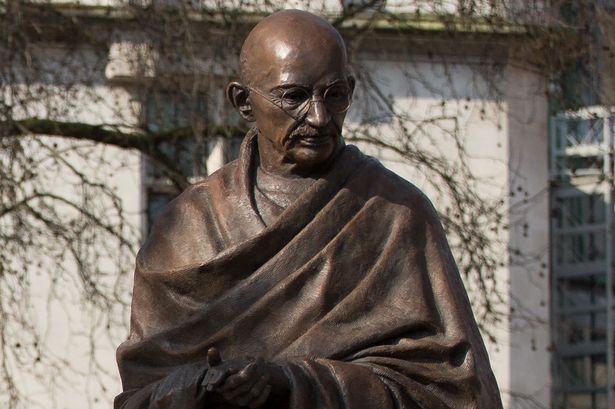Kidney transplant patients and physical activity
Kidney transplant patients from South Asian background tend to have lower physical function compared to their white counterparts.
This is according to a study carried out by University of Leicester which explored ethnic differences in physical activity.
Transplant operations improve health and quality of life for patients with kidney failure, but cardiovascular disease (CVD) remains the largest cause of mortality with people with the condition, particularly among South Asians.
Lead author Dr Alice Smith who is a Senior NHS Researcher and Team Leader for the Leicester Kidney Exercise Team, John Walls Renal Unit, University Hospitals of Leicester NHS Trust, said: “Regular exercise can help reduce the risk of CVD, but we are finding that not many patients who have undergone the transplant operation are being advised to get active.
Dr Smith, who is also from the University of Leicester Department of Infection, Immunity and Inflammation, said: “People with a South Asian origin unfortunately appear to spend more time sitting down and have lower physical capacity than those with a white background.
“Our research has shown that we need to focus on appropriate strategies to engage South Asian kidney patients in exercise to improve physical function and reduce cardiovascular risk in this particularly vulnerable population.”
Neerja Jain, Health Improvement Project Manager for Kidney Research UK, said: “This study is a prime example of evidence gaps which need to be urgently addressed so that we can understand why some people face worse health outcomes than others.
Researchers are now calling on healthcare professionals to adopt new ways of encouraging kidney transplant patients from the South Asian community to exercise in a bid to reduce their risk of cardiovascular disease.
The research was culmination of work carried out by the Leicester Kidney Exercise which was partly funded by Kidney Research UK via a bursary which was awarded to a medical student who carried out some of the work. The Leicester team is supported by the National Institute of Health Research.









































